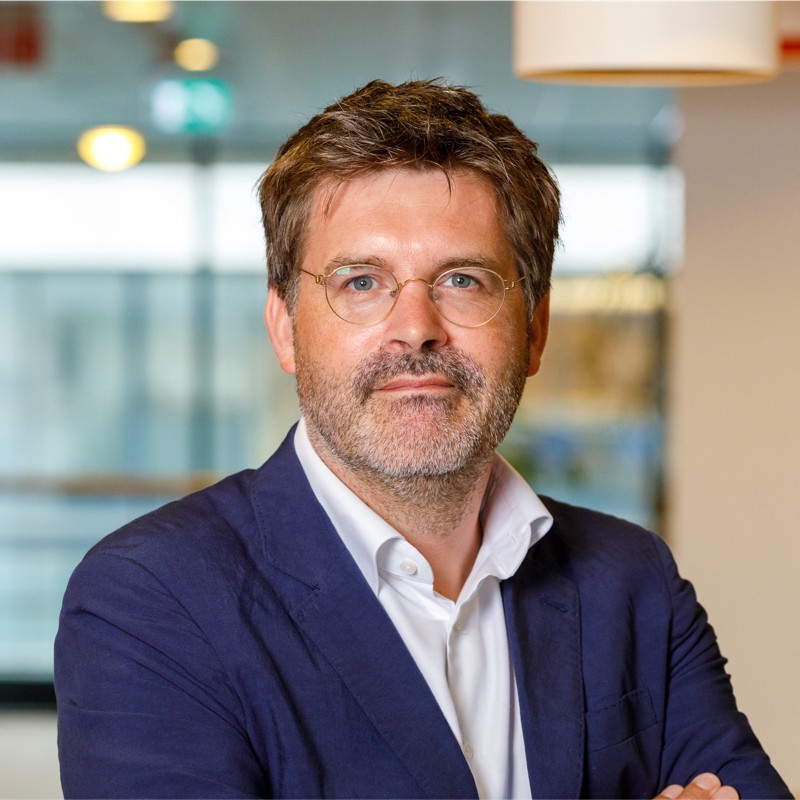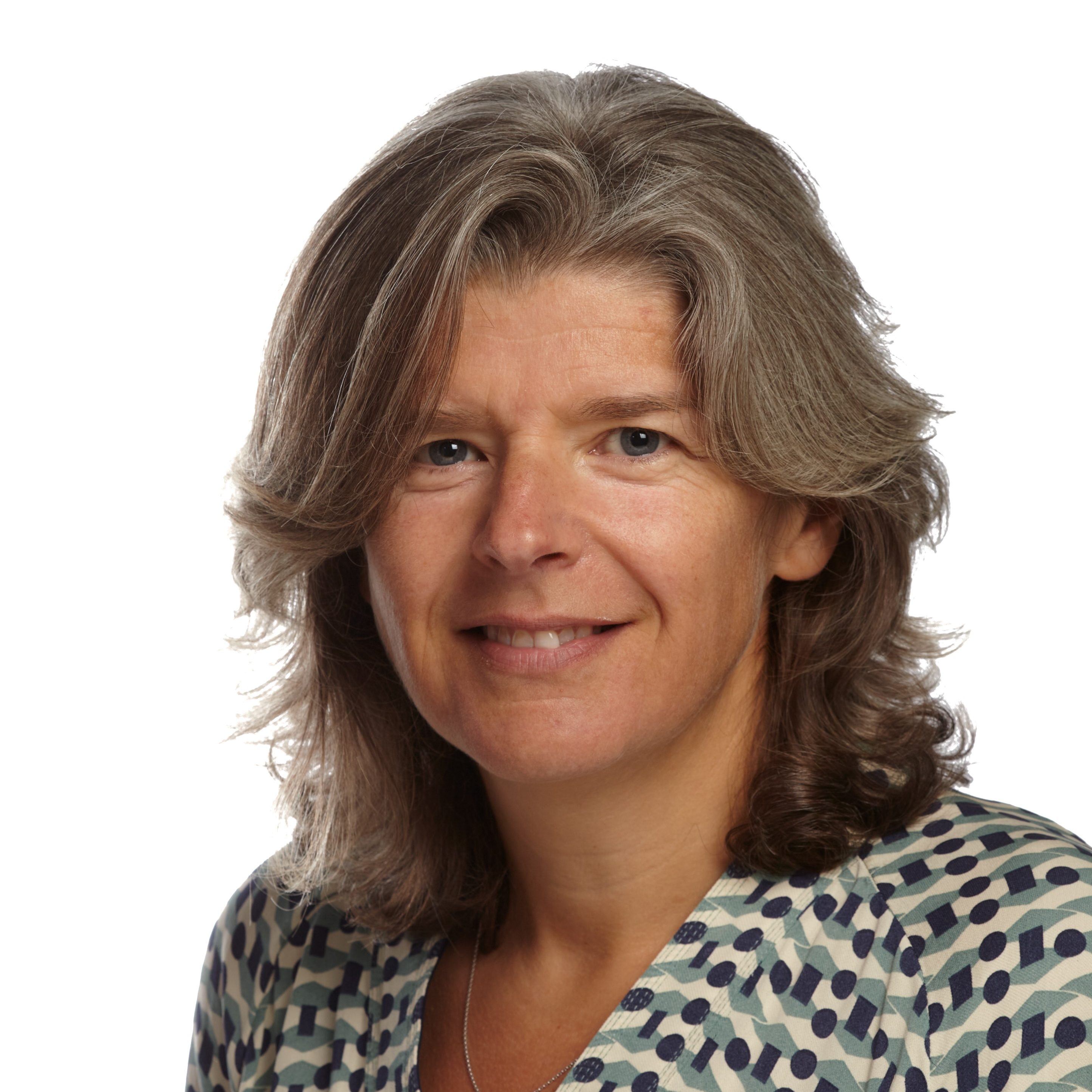DOAJ’s reputation as a vital research infrastructure for open access continues to grow among research funders.
DOAJ is currently supported by several research funders who recognise the central role of DOAJ in enhancing visibility and discoverability of research worldwide and its role in the delivery of Plan S. These funders help to share some of the operational costs of DOAJ, an important acknowledgement of the critical need to secure the organization’s future independence and visibility of global open access research.
Hans de Jonge from NWO, the Dutch Research Council and member of the DOAJ Council, is convinced that open access publications have more impact on science and society. He thinks that research funders play a crucial role by requiring that the results of the research they fund are made openly available. “They do this partly through their grant conditions; NWO’s grant agreements have required since 2015 that publications resulting from NWO funding should be made available in open access. Publicly funded research is a public good, paid for by taxpayers. For this reason alone, it should be publicly accessible to all who have an interest in it.”
Research funders such as NWO consider DOAJ to be an essential infrastructure. De Jonge explains “We want to be sure that the research we fund is published in high-quality open access journals that operate according to the highest standards in scholarly communication. The standards set by DOAJ and the rigorous review process mean that research funders can indeed be assured of the quality delivered by the journals registered in DOAJ.”
The standards set by DOAJ and the rigorous review process mean that research funders can indeed be assured of the quality delivered by the journals registered in DOAJ.
“Like many other funders, NWO is held accountable for its spending of public money. In this sense, DOAJ provides a vital infrastructure by being the most authoritative register of high-quality open access journals. Our open access policy depends to a large degree on the quality assurance provided by DOAJ and its extensive community of volunteers. Of course, DOAJ is also of vital importance for the broader research community. Libraries especially depend on DOAJ to advise researchers on high-quality open access journals. Supporting global open science infrastructures on which we rely collectively therefore is really a community effort, a shared responsibility of all stakeholders involved.”
Katharina Rieck, Open Science Manager, from FWF, The Austrian Science Fund, believes that research funders are one of the key actors in the transition to open access. The policies and initiatives they introduce are important elements in changing the landscape of scholarly publishing, helping to build a more open and transparent scholarly communication system. “FWF is committed to supporting open infrastructures such as DOAJ in order to facilitate an open, interoperable and community-driven system to advance scholarship and research.
“DOAJ is a key infrastructure in the open science landscape. It is a reliable, authoritative service that provides and promotes the quality standards of open access publishing venues that researchers, funding agencies and the entire research community can trust.”
The number of open access journals wishing to be indexed in DOAJ has increased since the announcement of the Plan-S initiative for open access publishing. Since 2018 (also the same year that Plan S was announced) DOAJ has experienced a rise of almost 60 percent in the number of applications received. DOAJ’s workflows have been improved to accommodate this demand, but extra funding is required to enable quality assurance of metadata and ensure the quality standards of journals.
Although 27 research funders are signed up to Plan-S, only six currently support DOAJ: Denmark – Agency for Science and HE, Austria – FWF, Norway – NSD, Sweden – Vetenskapsrådet, Finland – TSV, Netherlands.
“It is the joint responsibility of all institutions that depend on services like DOAJ to ensure they are supported in a sustainable way,” says De Jonge. “I appreciate that many national research funders operate under very different conditions. But if institutions (including funders) continue to hide behind arguments that they “only do grants” or “can’t pool money internationally” because they have national remits, open science will simply not happen. There is a big risk that the corporate sector will take over and we end up in a situation of closed science.”
“DOAJ is reliant on donations from the community to maintain and develop our service,” says Joanna Ball, Managing Director of DOAJ. “Research funders are an important part of that community and benefit from our work. We are very grateful to those that already support our work, and would welcome contributions from others to help us keep up with the increasing number of new applications and ensure our metadata is up to date and journals in the index are continuing to meet our quality standards.”




One Comment